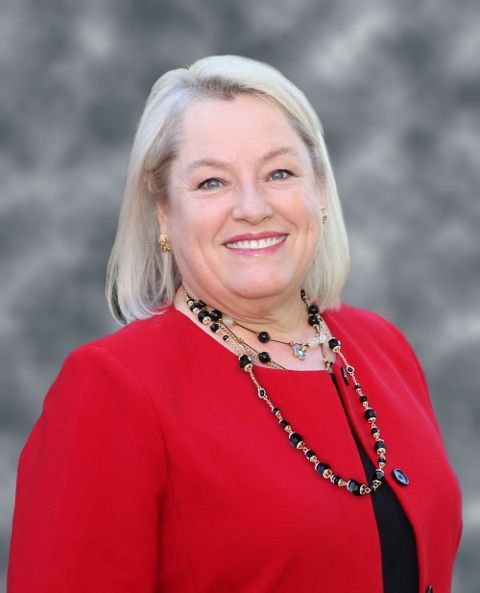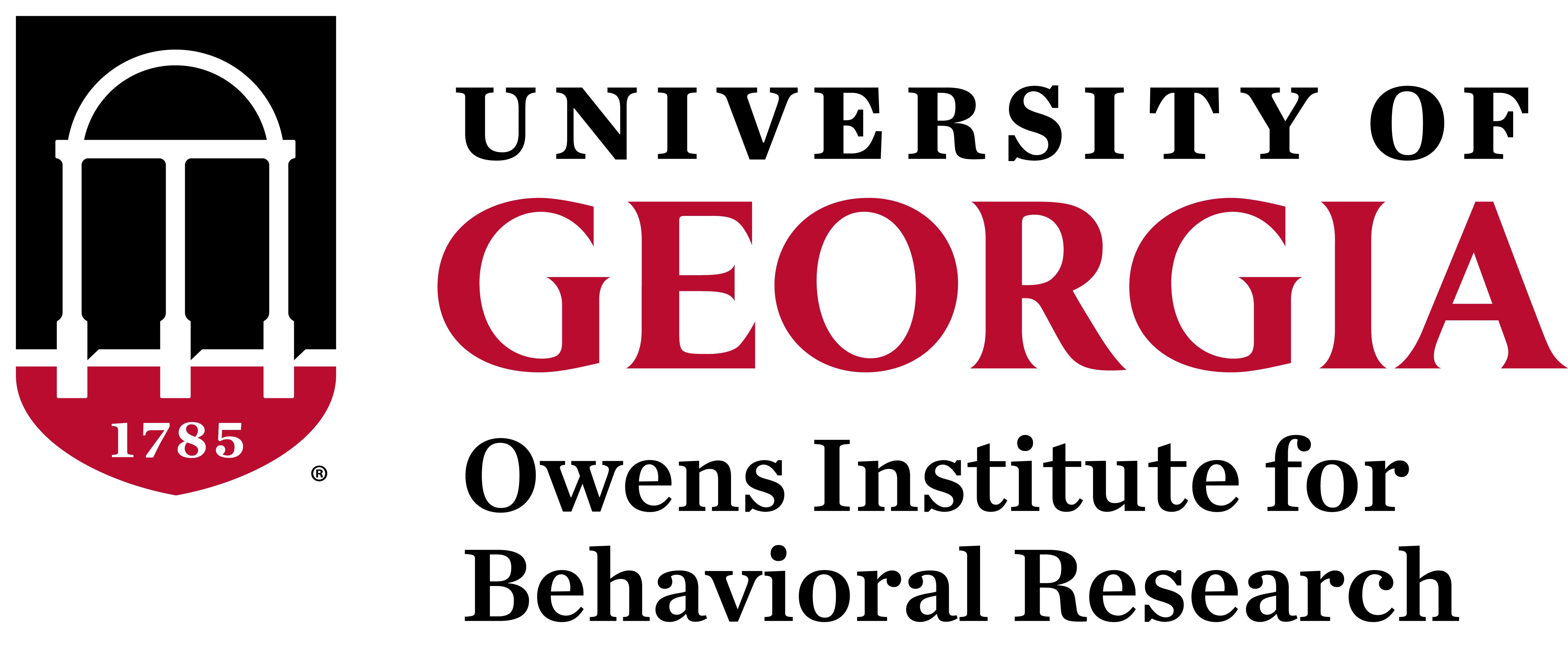Social & Behavioral Science Spotlight – Denise Lewis


Denise Clark Lewis, PhD
OIBR Fellow
Associate Professor, Human Development and Family Science
Topic: COVID-19 impact on Cambodian and Laotian families
Dr. Denise Lewis (PI) has had more than 20 years of research history with the Cambodian and Laotian communities on the Alabama coast. She relies heavily on community leaders to help her know how to reach the population safely and what they are facing. In March she held community-based Zoom meetings to discuss the overall response and needs in the two communities. There was a great deal of fear reported among older members of the Lao community, including going grocery shopping; this fear was not reported in the Cambodian group. Social distancing was not being followed by young adults in the early part of the pandemic and some young Southeast Asian adults reported attacks by young, white adults (blaming them for the Coronavirus and remarks about them bringing the virus to the US, etc.).
The fear by the older members of the Lao community led to some food insecurity issues. In collaboration with community partners, Dr. Lewis worked to address the problem by engaging younger community members, who are part of the youth advisory committee (under her grant) and community partners in food bank pickups for the older members of the community. “Denise quickly responded to the local community’s needs, immediately having documents translated and disseminated and helped them to access food through a local food bank. While outreach is a part of the grant, I think this also shows the connection and immersion of the project within the local community and how the research is transcending what we might “normally” do,” said Dr. Desiree Seponski, assistant professor, Human Development and Family Science, project collaborator and OIBR Affiliate.
The research team launched a social and behavioral survey in three languages (English, Khmer, and Lao) using Facebook. The short survey was focused on identifying stressors and coping mechanisms and asked questions about knowledge of and preparations for dealing with the pandemic. They were successful in reaching Cambodian and Laotian families with just over 300 responses.
A look at preliminary data shows that they reached a younger population than they normally would reach, but did not reach many people over age 40. Preliminary analysis shows that respondents were aware of the pandemic by March 2020 and began preparing at that time (stocking homes with essentials, added social distancing, talking and planning with family members). Their primary source of information was through the internet with spread of information through word of mouth (that is, a few people follow various internet outlets then report it to family members). There was a very high fear of becoming infected, especially fear for older members of the communities. Fifty percent of Cambodian and ninety percent of Lao people who had been working prior to the pandemic are now unemployed. Sixty-five percent of respondents are worried about racism aimed at them because they are of Asian descent.
As the pandemic has spread, more community members have begun taking additional precautions such as wearing masks. However, as restrictions have been lifted, several extended families have begun interacting across households. There has also been an increase in use of Facebook among members of the Lao community for disseminating information about the virus. These posts have included CDC documents that have been translated into Lao. CDC documents were also translated into Khmer but other information about the virus has not been as widely shared in the Cambodian community.
Dr. Lewis is now considering how to expand the survey so they can reach additional marginalized groups in the area and how they can better reach the older population. Her hope is that they can do a face-to-face administered survey in the fall that includes social network analysis. Face-to-face meetings will allow them to reach a greater number of older participants.
She is also moving forward with emergency response research using Zoom as well as beginning to implement a larger scale community emergency response system. This research has little to do with the pandemic but is for a broader emergency response network within the community.
This research is important for understanding how marginalized groups learn about, prepare for, and recover from traumatic experiences, such as this pandemic, or other environmental challenges. Dr. Lewis’ research on COVID-19 provides valuable information for policymakers and emergency response organizations regarding gaps in knowledge transmission and can provide insights into the specific needs of these groups. Because her project is community-based, her research is also beneficial for creating real-time, on-time actions to respond to difficulties community members face (such as the food insecurity issue).
To learn more about this ongoing research, you can visit their website.
